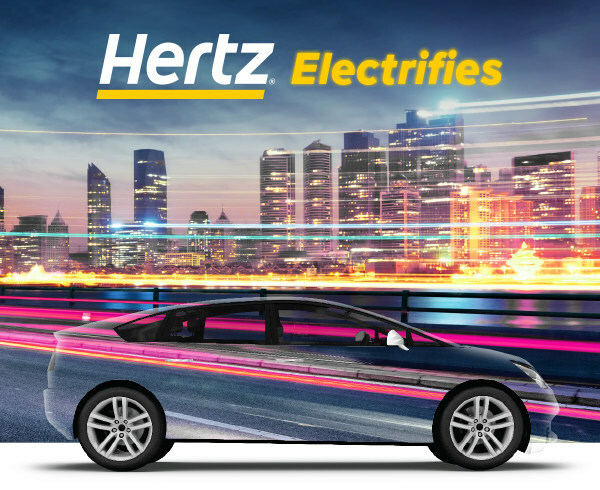Hertz to Offload 20,000 EVs, Plans to Buy Back to Gas Cars
Hertz has announced plans to sell a significant portion of its U.S. electric vehicle (EV) fleet, comprising about 20,000 cars, and shift its focus back to gas-powered vehicles.
This decision follows the identification of weak demand and high repair costs for its battery-powered cars, as detailed in a recent regulatory filing. The sale process, which began last month, is expected to continue throughout 2024.
“The elevated costs associated with EVs persisted. Efforts to wrestle it down proved to be more challenging,” said Stephen Scherr, Chief Executive Officer of Hertz, according to Bloomberg. This move marks a considerable strategy shift for Hertz, especially after its 2021 announcement to purchase 100,000 Tesla electric vehicles.
The company’s stock saw a decline following this announcement, dropping 4.3% to $8.95 in New York trading. This change in strategy comes amid a broader slowdown in EV sales growth in the U.S., which only rose by 1.3% in the final quarter of 2023.
The plan to buy 175,000 EVs from GM over the next four years and also 65,000 EVs from Polestar may take longer than anticipated said Scherr.
Hertz says cheaper EVs would likely to be easier to rent profitably, referring to GM’s cheaper EV plan, including the $35,000 Chevy Equinox EV heading into production, plus the future Bolt EV redesign.
The decision to sell off a portion of the EV fleet is expected to have a positive impact on Hertz’s financials. The company anticipates improved cash flow and earnings in the coming years, with a potential increase in free cash flow of up to $300 million over 2024 and 2025. Scherr noted, “We’re committed to the strategy. It will take more time to execute it.”
Back in October, Hertz hinted a change was coming on reducing EVs, which constituted 11% of its total fleet, with 80% of them Tesla vehicles.
Hertz’s pivot also reflects the broader challenges facing the EV market, including consumer hesitance due to high costs and concerns about the availability and convenience of charging infrastructure. The company will now focus on acquiring more conventional, gas-powered cars to better align with current market demand and customer preferences.


“This change in strategy comes amid a broader slowdown in EV sales growth
in the U.S., which only rose by 1.3% in the final quarter of 2023.” There has been no decline in EV demand/sales growth in North America and it would be nice if the reporting would get this right. Yes, demand for GMs and Fords dropped but every other EV maker saw increases, big increases. As for Hertz and their pendulum swinging, they were a bit early (global economy issues) to get as deeply into EVs as they did, but now they are overshooting in the other direction it seems. If they stay in business long enough, they might even out the swings and ride the transition a bit more smoothly.